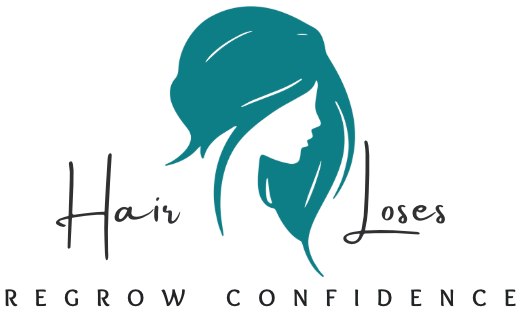Hair is an important part of our appearance and self-confidence, so noticing changes in its growth or experiencing hair loss can be concerning. Various medications can influence hair health, either by promoting growth or triggering hair shedding. Understanding these effects can help individuals manage hair-related side effects effectively.
How Medications Affect Hair Growth and Loss
Medications can impact hair follicles in several ways, including disrupting the hair growth cycle, causing hormonal imbalances, or triggering autoimmune responses. Hair growth occurs in three phases:
- Anagen (growth phase) – Active hair growth lasts for years.
- Catagen (transition phase) – A short phase where hair stops growing.
- Telogen (resting/shedding phase) – Hair falls out, making way for new strands.
Some medications push hair follicles prematurely into the telogen phase, leading to excessive shedding, known as telogen effluvium. Others may cause more severe hair loss conditions, such as anagen effluvium, where hair falls out during the growth phase.
Medications That Can Cause Hair Loss
- Chemotherapy Drugs – These attack rapidly dividing cancer cells but also affect hair follicles, leading to significant hair loss (anagen effluvium).
- Blood Thinners (Anticoagulants) – Drugs like warfarin and heparin can lead to telogen effluvium.
- Beta-Blockers & Blood Pressure Medications – Some heart and blood pressure drugs, such as metoprolol and atenolol, have been linked to hair thinning.
- Antidepressants & Mood Stabilizers – Medications like fluoxetine (Prozac) and sertraline (Zoloft) may contribute to increased hair shedding.
- Hormonal Medications (Birth Control, HRT, and Steroids) – Birth control pills, hormone replacement therapy, and anabolic steroids can disrupt hormonal balance, leading to hair loss.
- Retinoids & Acne Medications – High doses of vitamin A and isotretinoin (Accutane) can push hair into the shedding phase.
- Antifungal & Antibiotic Medications – Certain antibiotics may deplete nutrients necessary for hair growth, contributing to hair thinning.
Medications That Promote Hair Growth
On the other hand, some medications are designed to stimulate hair regrowth or slow down hair loss:
- Minoxidil (Rogaine) – A topical treatment that extends the growth phase of hair.
- Finasteride (Propecia) – An oral medication that blocks DHT, a hormone linked to hair loss.
- Biotin & Nutritional Supplements – Biotin, iron, and zinc supplements may support healthier hair growth.
Managing Hair Loss Due to Medications
If you suspect your medication is causing hair loss, consider the following steps:
- Consult Your Doctor – Never stop taking a medication without medical advice. Your doctor may suggest alternatives.
- Nutritional Support – A balanced diet rich in vitamins and minerals supports hair health.
- Use Hair Growth Treatments – Minoxidil and other treatments may help counteract hair loss.
- Reduce Stress – Stress management techniques like meditation and exercise can minimize hair shedding.
Final Thoughts
Hair loss due to medication can be distressing, but it is often temporary. Understanding how different medications impact hair can help you make informed decisions about your health. If you’re experiencing significant hair loss, consult a healthcare professional to explore possible solutions and alternatives.
